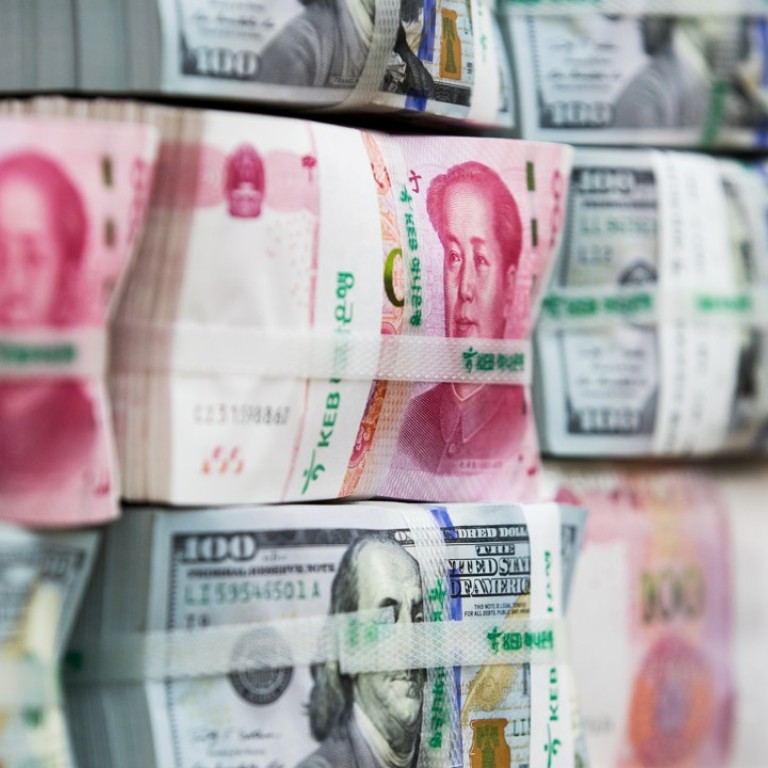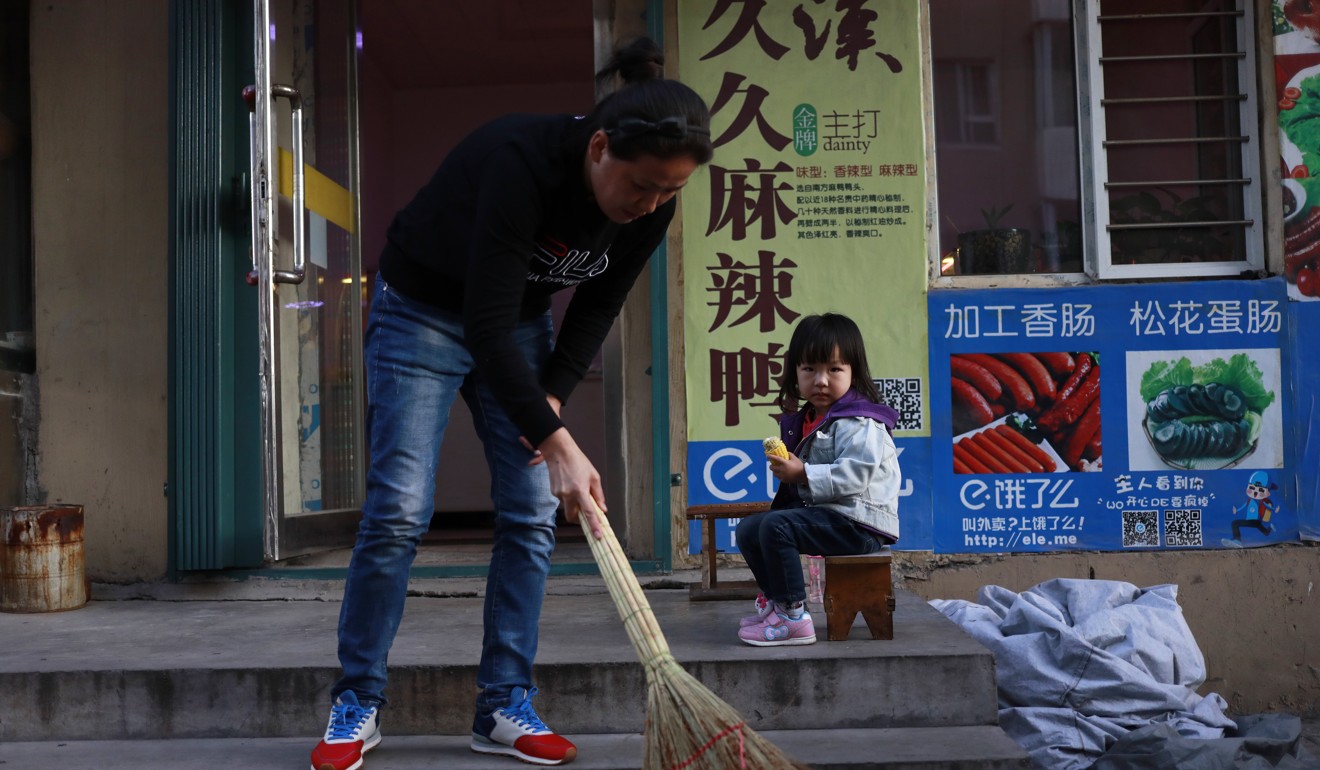
Can China curb endemic corruption before its economy slows and people lose faith?
Dan Hough says China’s impressive economic results have defied those who say corruption and growth don’t go together, but this, and the Chinese people’s unfailing hope for the future, won’t last forever
China is a classic case of developmental corruption. It engenders a stability that has helped the economy to grow impressively. The Chinese Communist Party under Deng Xiaoping set out to reform China’s planned economy by opening it up to market pressures. This process offered incentives for productive economic activity, just as it created myriad opportunities for self-enrichment, of both the corrupt and non-corrupt kind.

The nuanced relationship between corruption and economic development should not lead anyone to think that corruption is an attractive policy choice. China is as rich as ever , but that does not mean that other prospective developing nations should want to hardwire corruption into their systems’ DNA as China has. Sooner or later, the Chinese economy will stop growing, and the Chinese will have to look for ways to effectively deal with the underlying corruption.
China’s economic growth statistics may finally add up, in 2019
Too much anti-corruption talk in China remains polemical. Any government, for example, that claims it will adopt a zero-tolerance approach or that it will sweep away the corruption within its ranks should be viewed with some caution. In a world of ever more belligerent rhetoric, it is much better to under-promise and over-deliver rather than the other way around.
The real challenge is working out what progress is possible where. Policies that help citizens find out a little more about how decisions are made, how they can legitimately defend their own interests and hold those in power responsible are likely steps forward. However, do not expect them to be simple steps or ones those with something to lose will take lying down. The Chinese state regularly illustrates that this not the type of medicine it’s prepared to discuss, let alone implement.
The road to reform is incremental and confusing, often involving considerable time lost down cul-de-sacs. Reform is also inherently political, and it is rarely clear what reforms are necessary where. Other Asian tigers have shown the corruption/growth double act does not last forever. China’s leaders would do well to take note of this, as, when the slowdown inevitably hits, the Chinese are unlikely to remain the world’s most positive people much longer.
Dan Hough is a professor of politics at the University of Sussex and director of the Sussex Centre for the Study of Corruption. His new book is Analysing Corruption

